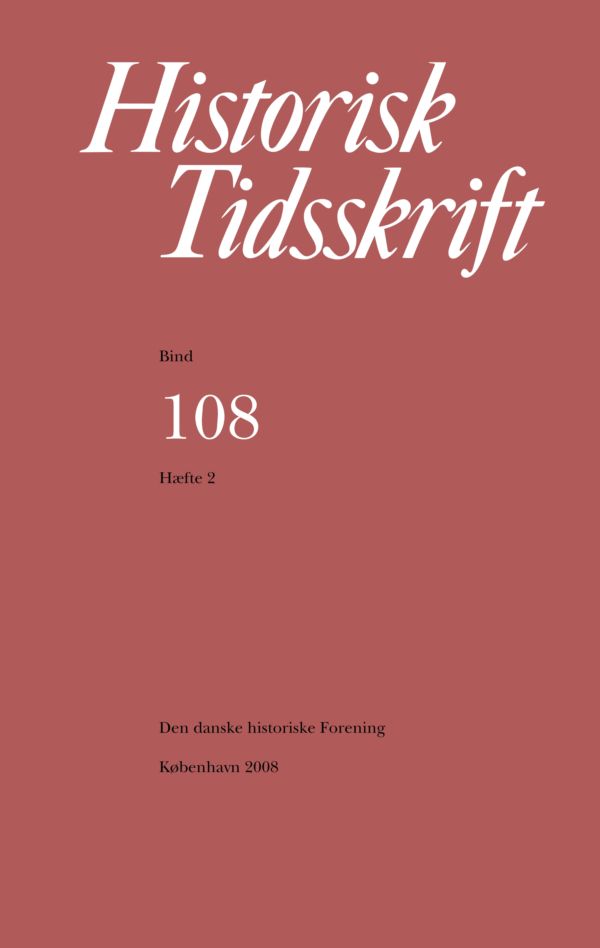Tørstens allerbedste ven. Cola'ens Danmarkshistorie fra 1930'erne til 1960'erne
Resumé
Klaus Petersen & Nils Arne SørensenThe History of Coca-Cola in Denmark from the 1930s to the 1960sCoca-Cola is one of the world’s best know brands and a symbol of American influence worldwide – sarcastically reflected in the term »Coca-Colonization.« After 1945 Coca-Cola became virtually synonymous with the USA, and for that very reason countless consumers were attracted to the product. On the other hand, the brand was feared by numerous interest groups, by some because of that same symbolic stature, but by others for narrower economic reasons. It was in this context that Coca-Cola after 1945 became a bone of contention in a number of European countries such as France, Italy, Switzerland and Sweden.Coca-Cola made its debut in Denmark in 1935. It ran into substantial resistance from the well-established brewery interests, and it succeeded in capturing only a quite limited share of the beverage market. During World War II production had to be completely abandoned. It was only after the war, and not the least in the 1950s, that there was something like a Coca-Cola war – with established Danish producers and Danish politicians and authorities on the one side, and Coca-Cola and its Danish partners on the other as the main combatants. Among the more outstanding battles were a legal case taken by Coca-Cola all the way to the Supreme Court against a small mineral water producer; the introduction (and later abrogation) of a prohibitively high special tax on cola drinks (i.e. containing extract of the kola nut); and the decision by Danish manufacturers to launch a national cola-beverage, Jolly Cola, to compete with the original American product. Even after the annulment of the cola tax in 1959 the war continued as a battle for market shares. The present article combines cultural, political and economic perspectives of inquiry in an effort to trace their historical developments, focusing all the while on the actors and their (shifting) interests.Translated by Michael WolfeDownloads
Publiceret
Citation/Eksport
Nummer
Sektion
Licens
Ophavsret til bidrag i Historisk Tidsskrift tilhører forfatterne og Den danske historiske Forening som udgiver af Historisk Tidsskrift. For illustrationer gælder den ophavsret, som står anført i billedteksten. Ophavsretslovens almindelige bestemmelser gælder, hvilket vil sige, at ophavsretten gælder i 70 år efter forfatterens død. Bidrag i Historisk Tidsskrift må derfor, med forbehold for en ”moving wall” på tre år, frit downloades, læses, gemmes, anvendes og citeres (med kildeangivelse) i privat og videnskabelig sammenhæng, men de må ikke helt eller delvis genudgives af tredjepart, heller ikke i redigeret form, uden tilladelse fra forfatterne og Den danske historiske Forening. Henvendelse skal i så fald rettes til Historisk Tidsskrifts redaktion på histtid@hum.ku.dk.





